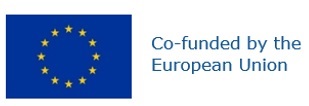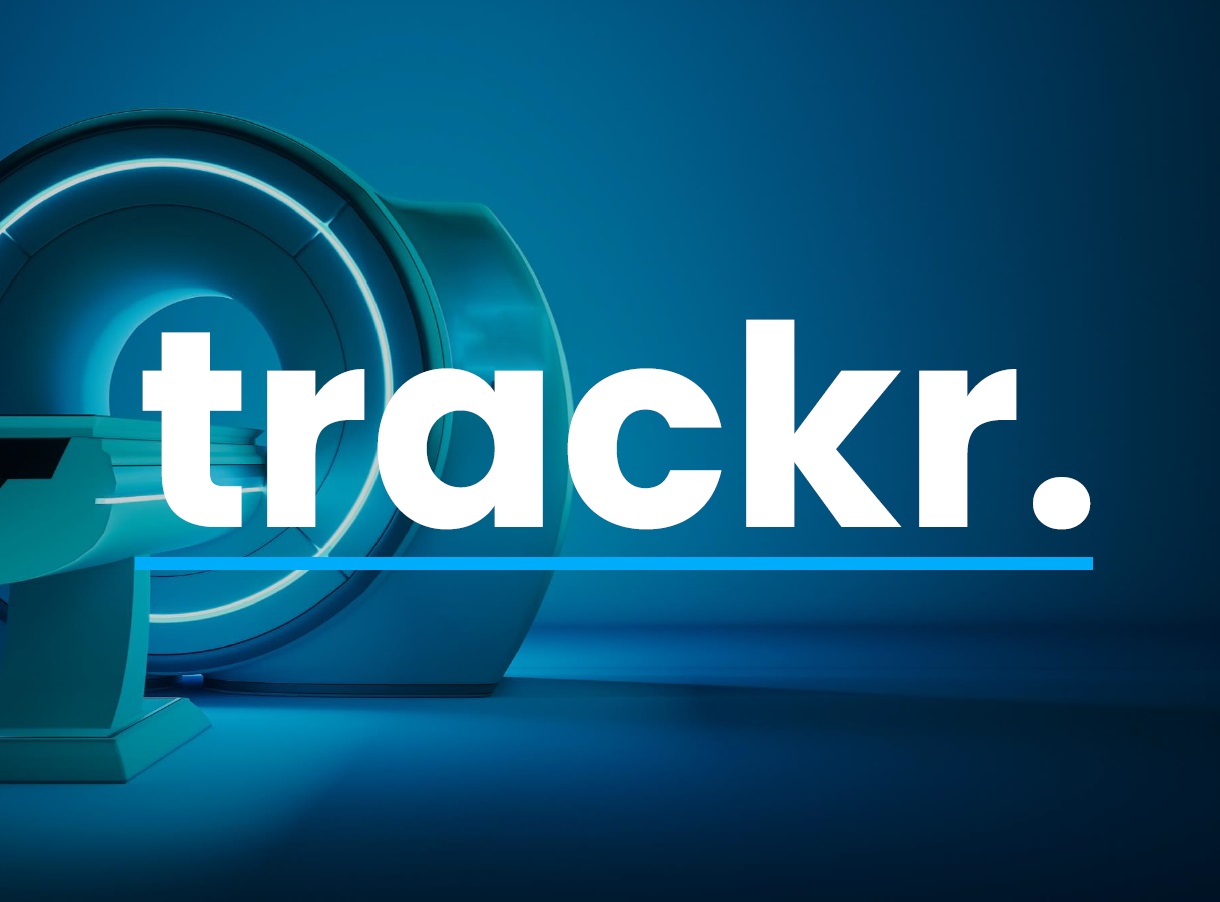Project Number: 190140779
Project Acronym: TRACKR
Project Title: An AI powered turn-key solution for MRI based interventional cardiology
Context and overall objectives
Nano4Imaging (N4I) is a MedTech company specialized in MR based interventional procedures. We have previously successfully commercialized EmeryGlide, an MR compatible guidewire for cardiovascular procedures. In this project, we will deliver TRACKR – a ‘turn-key’ platform that provides the currently missing technologies for MRI guided interventional radiology. The TRACKR technology consists of: a) a coating platform based on proprietary MagnaFy technology. This nano- coating can be applied on any commercial interventional device (catheter, guide-wire, balloon) and enable their MR visibility. b) A REAL-TIME TRACKING SOFTWARE based on novel deep learning algorithms that allows real-time tracking of the MagnaFy coated devices during an interventions. Over 700million patients worldwide will benefit from our treatment without radiation and contrast agents.
Work performed and main achievements
We have conducted animal studies in the United States, Ohio State University (OSU) to generate training data for our DL algorithm. We have successfully developed the first version of the TRACKR software prototype which is currently undergoing the clinical input & feedback process. This is crucial and serves as a basis for the further development of the required functionalities before performing interventional MRI procedures. Finally we are preparing to use clinical data from application of our current EmeryGlide in cardiovascular indications both as a development and validation set for our DL algorithm. This is required before FDA submission of the software.
Regarding the coating platform as part of TRACKR we have printed different marker patterns on catheters from Numed, Biotronik, Terumo and others. These devices have been used in procedures in animals (OSU), including abdominal stenting, PTA and genicular artery embolization. Markers have been interrogated at different MRI sequences in low-field (0.5T) up to 3T Siemens scanners. Finally a series of markers have been printed on a new exchange wire prototype by N4I and evaluated in phantom and animal experiments.
Results beyond the state of the art
We have signed a letter of intent (LoI) with Siemens Healthineers AG which enables us to develop a second generation version of our TRACKR Software that can be integrated into the MAGNETOM Application Platform of the market leader Siemens’ MRI Scanner Systems and gives us a broad market access. At the same we are elaborating with Philips a collaboration to train and test different marker profiles to explore guidance using their existing overlay system, which is used by some of our major customers. The impact of our project potentially reaches beyond the immediate benefot for patients. By enabling interventions in the MRI suite, we will contribute to the breakthrough developments in the medical imaging industry such as the increased utilization of environmentally friendly MRI scanners.
Impact on EU priorities
a) EU4Health 2021-2027: Contributing to the target – Strengthening health data, digital tools & services, digital transformation of healthcare, and to action areas regarding improvement of medical devices.
b) EU priorities for 2019-2024: We contribute to the pillar ‘Developing a strong and vibrant economic base’ by creating economic progress in the EU.
c) A European approach to excellence in AI: As a medical software, we contribute to the targets – making the EU the place where AI thrives from the lab to the market -building strategic leadership in high-impact sectors.
Societal
Over 1M interventional cardiology procedures are carried out annually in the EU with X-ray imaging. Counting in endovascular and embolization procedures, the numbers are even higher. These patients and the hospital staff are regularly exposed to highly ionizing X-rays. The TRACKR technology can drastically alter this burden for staff and patients.
Mid-Term Review
We are happy to share that at the mid-term review meeting on April 11 th we showed our current TRACKR software prototype and had fruitful discussions on the use of MRI imaging data to further develop and validate our deep learning algorithms for MRI guidance.


